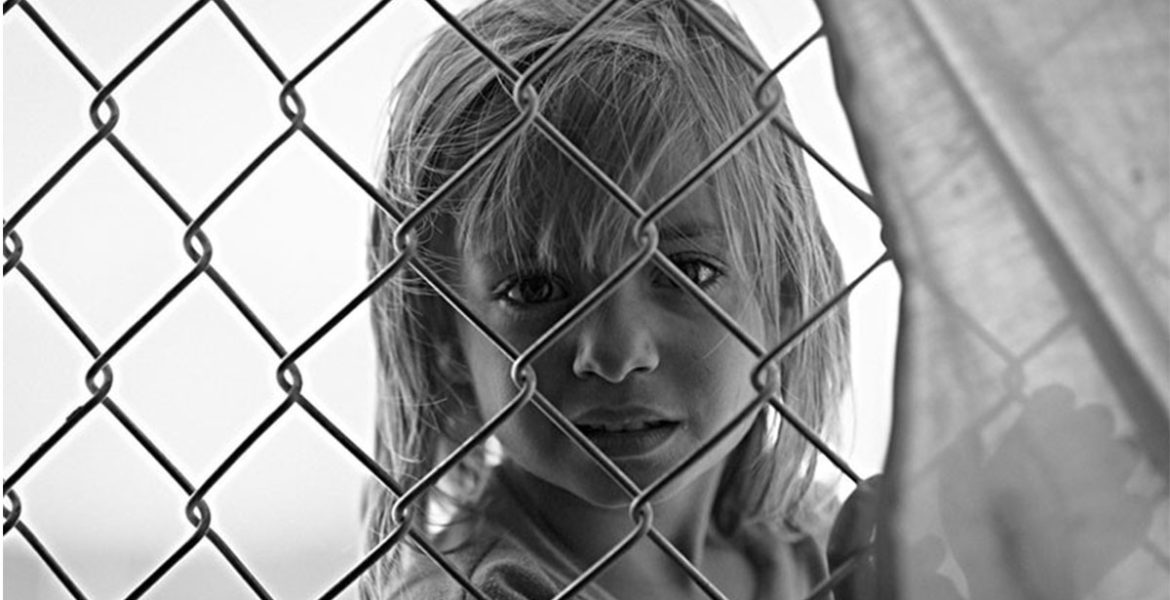Hotel Zaatari is a campaign that aims to help the Syrian refugees at Zaatari camp which is located at the Jordanian/Syrian border, they do so by using photography to really change perceptions about the refugees. The photography for this campaign was done by artists Anthony Dawton and Jim McFarlane. The project introduces the refugee, emotionally charges the audience and then gives them an action to take, which is to buy one of the products where the proceeds go to the refugees. This campaign doesn’t show the refugees as undignified; it chooses to show that they are human beings who found themselves in these horrible situations. Hotel Zaatari is an initiative that was started by El Sayed Foundation, we talk to Samar El Sayed, the Founder and Managing director about the campaign.
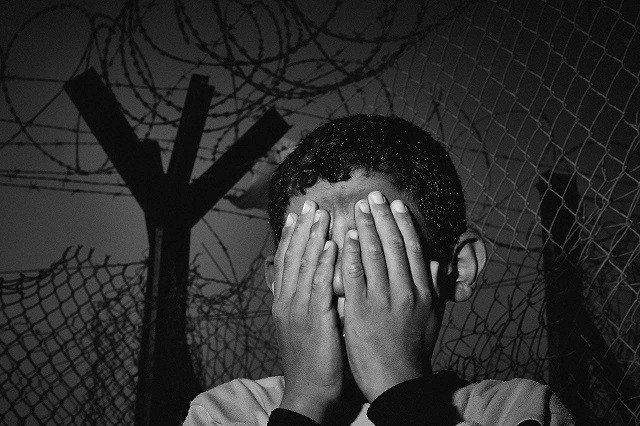
We hear there will be a touring exhibition, tell us about that
Our products are best viewed in person, specifically the large size photography, beautiful white and black prints. We will introduce the artists, show the film and art work. We also have audio recordings from the camp that people will hear as the walk through the exhibition.
We also have content for the exhibition which is not online. It is short interviews with the refugees themselves which are not featured in the film.
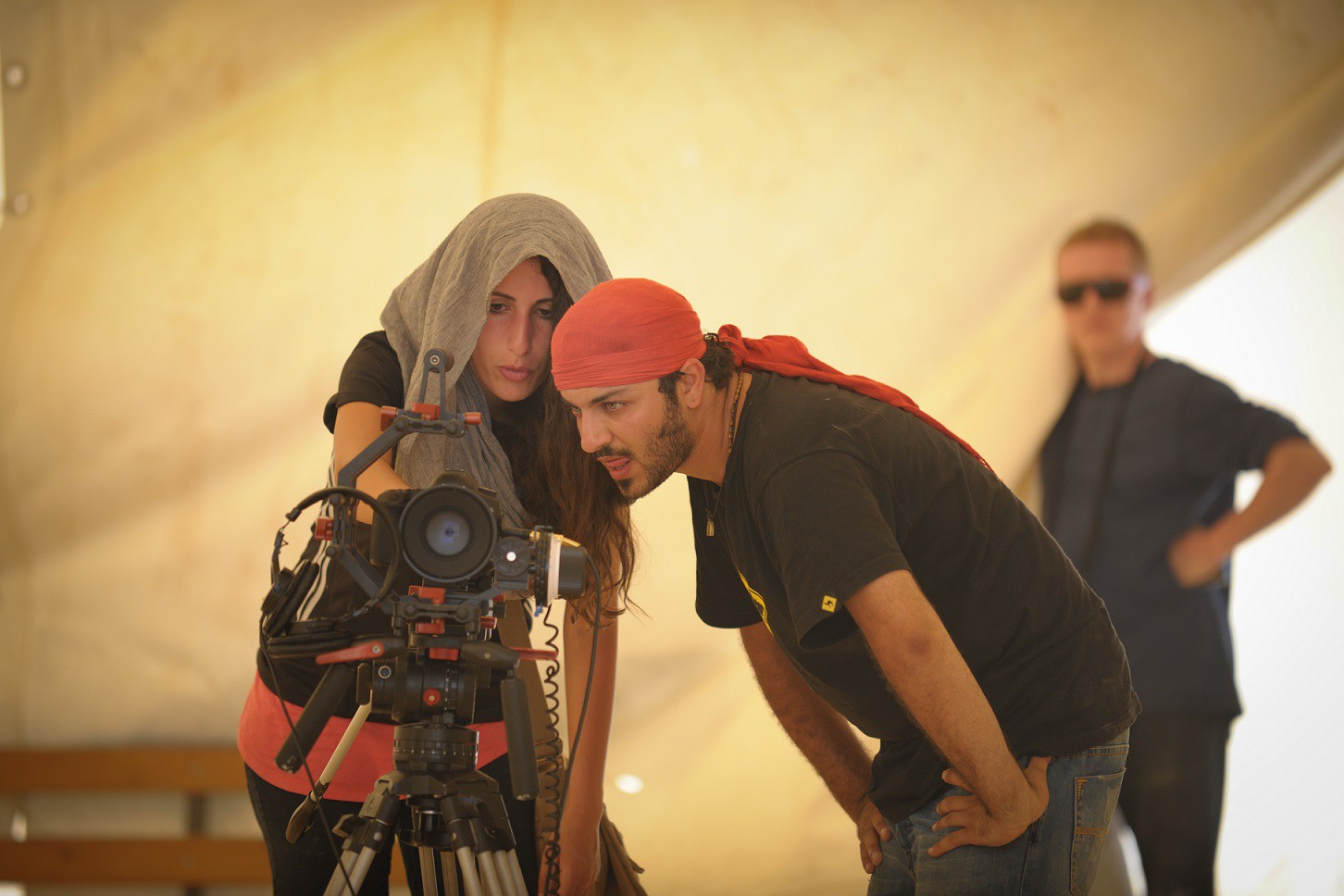
What countries specifically do you plan on touring?
First is Egypt then Dubai. Later we will go to London and Sydney becausewe have artists there. We were also talking to ‘Save the Children’ about potentially exhibiting in New York in Grand Central Station.
“Hotel Zaatari doesn’t show the refugees as undignified; it chooses to show that they are human beings who found themselves in these horrible situations.”
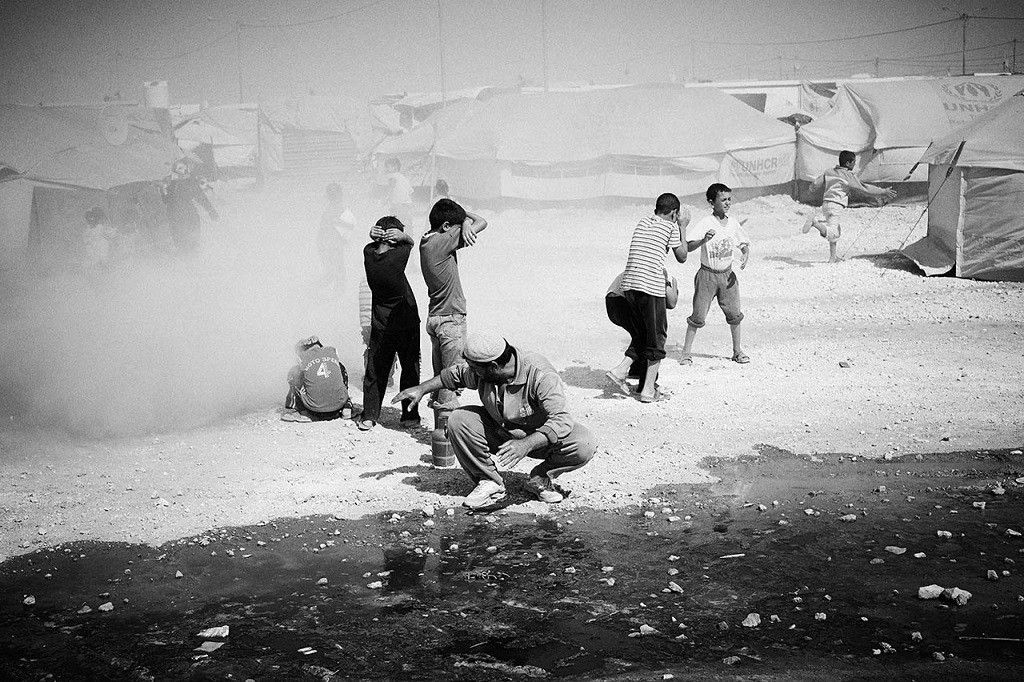
How did the idea of Hotel Zaatari arise?
I was watching the news and I saw the refugees in Zaatari camp, so I called up Anthony, the photographer, and said “what are we going to do?” He said “can you get us in? All I need is a camera!” I got in touch with “Save the Children” and asked “can you give us access? We will create some content and give you the proceeds”.
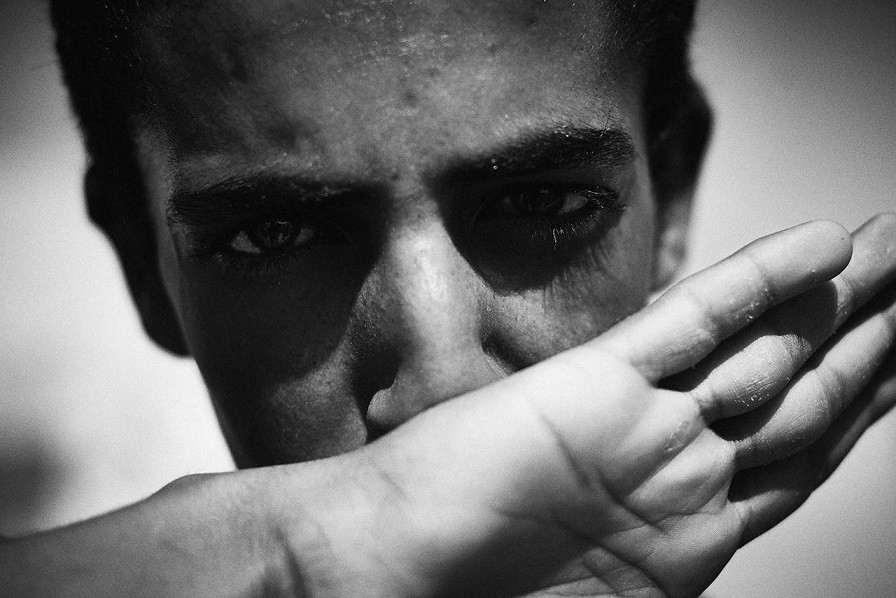
Where did the name ‘Hotel Zaatari’ come from?
We realized that the refugees felt they were there for a very short period of time. It’s like a hotel but it’s very sad. You get the food, service and water, but this is your new home.
“Realize that this could have been your brother or my best friend. Money and donations is also important, but make them feel human.”
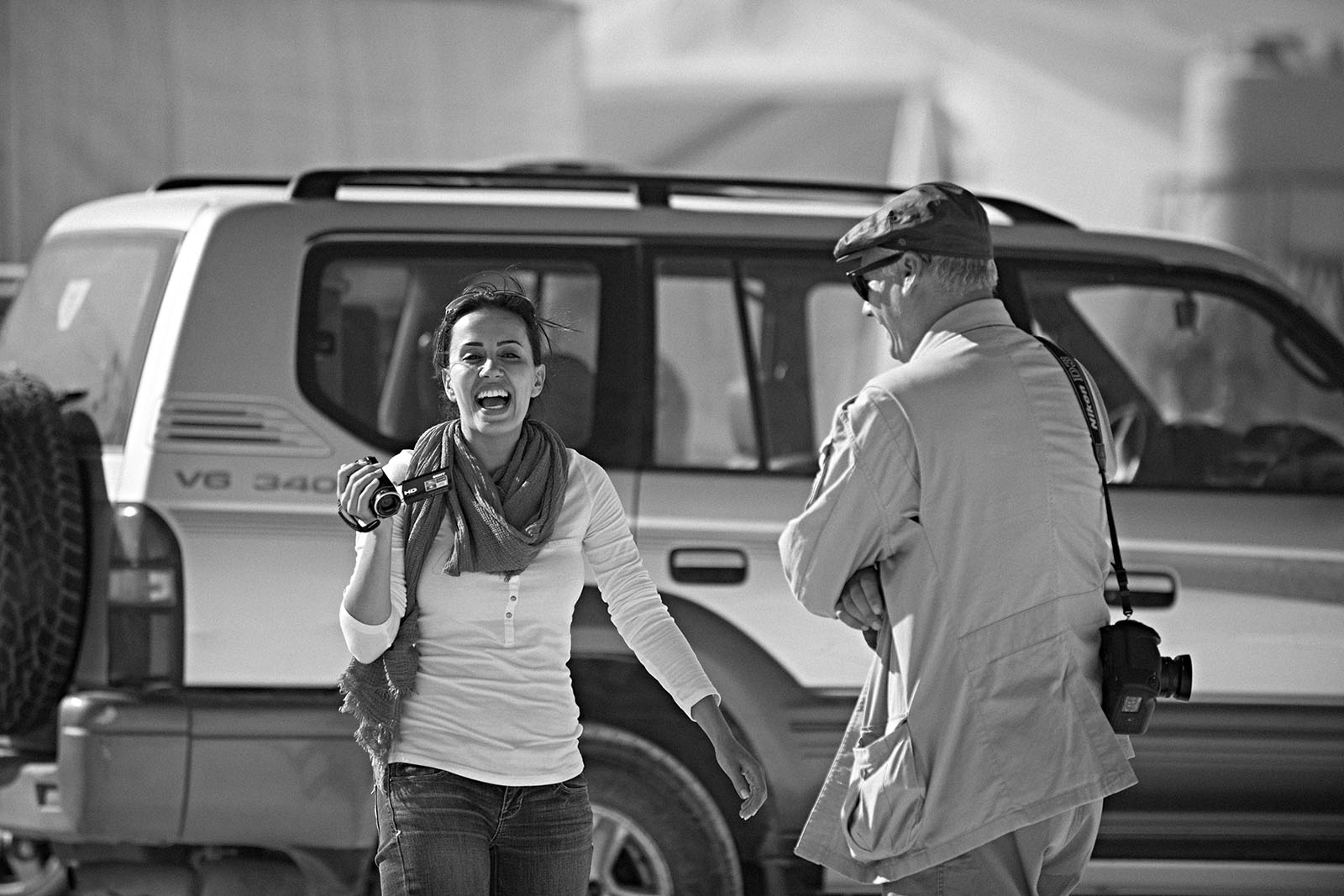
What is one of the stories that stood out for you?
One of the Syrian young men is a very serious young man, was like our bodyguard for a few days. I notice on his hand was a tattoo of a heart with two arrows that is poorly done. After two days I got the courage to ask him about his story. He opened up and told me “I was in love, I didn’t fight, I wasn’t pro or anti anyone. I wanted to live, I was in love with my neighbors’ daughter. We were going to get engaged, I was doing everything to get enough money to buy ‘shabka’. One day there was a blast, part of my building fell. When I ran down into the street I found that the building where she was in had completely collapsed, and I never found her. I got back to my apartment, locked myself up for three days and using a knife carved into my hand this heart with her initial and mine. Then I walked out of the house and said ‘somebody get me a gun, I’m going to fight’”.
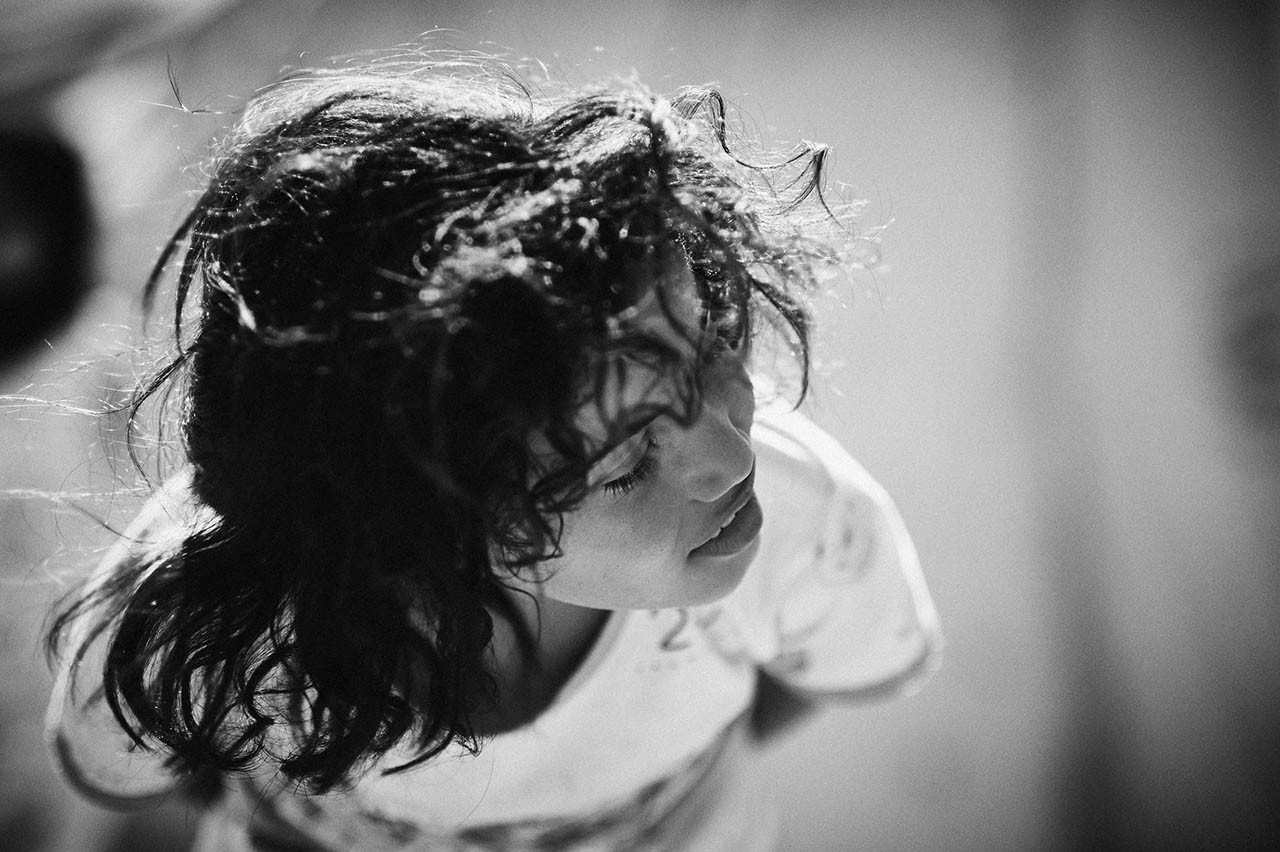
There is a short film by Hotel Zaatari, tell us about that. And are there other films coming up?
The film was directed by Jordanian filmmakers Mais Salman and Zaid Baqaeen. It’s narrated by a Palestinian poet who was a refugee; he compares his experience to the experience of these Syrian refugees. It has a dreamy, poetic feel to it.
What do you think can be done by regular people to help the Syrian refugees?
Change perceptions! Realize that this could have been your brother or my best friend. Money and donations is also important, but make them feel human.
To purchase any of the photography above visit their Website

